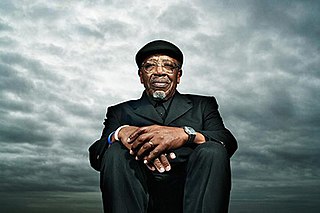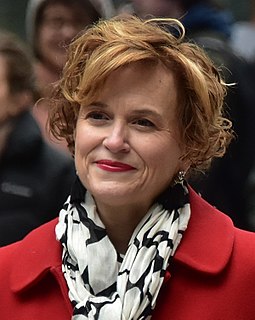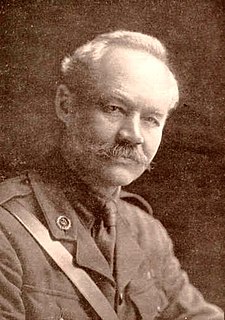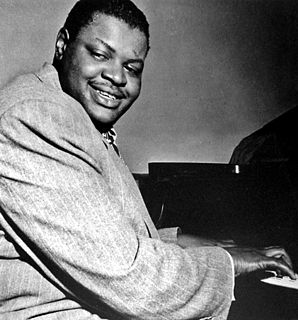A Quote by John M. Perkins
Justice goes across racial and economic barriers - like the good Samaritan.
Related Quotes
I want you to understand that racial justice is not about justice for those who are black or brown; racial justice is about American justice. Justice for LGBT Americans is not about gay and lesbian justice; it's about American justice. Equality for women isn't about women; it's about United States equality. You cannot enjoy justice anywhere in this country until we make sure there is justice everywhere in this country.
Ajamu Baraka is a human rights advocate and an international human rights advocate, who's been defending racial justice, economic justice, worker justice, indigenous justice, and justice for black and brown people all over the world, and in the United States has been helping to lead the charge against the death penalty here, and is an extremely eloquent and empowering person. And one of the great things about running with him is that we speak to all of America.
The way in which we can promote peace, is by promoting sustainable management of our resources, equitable distribution of these resources, and that the only way you can actually do that, is that then you have to have a political, economic system that facilitates that. And then you get into the issues of human rights, justice, economic justice, social justice, and good governance or democratic governance. That's how it ties up.






























